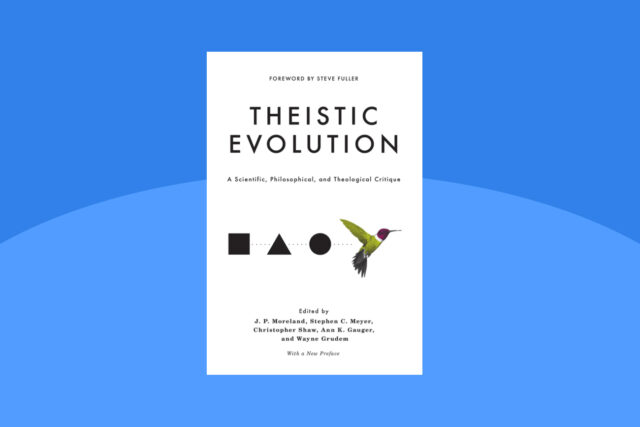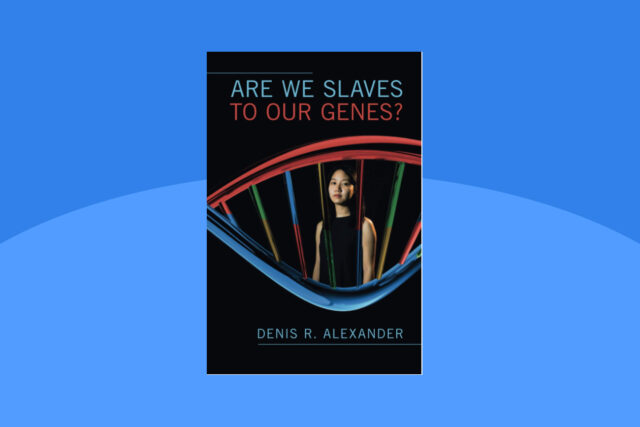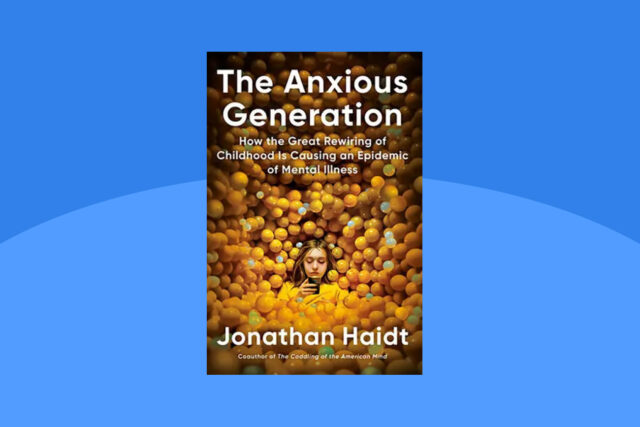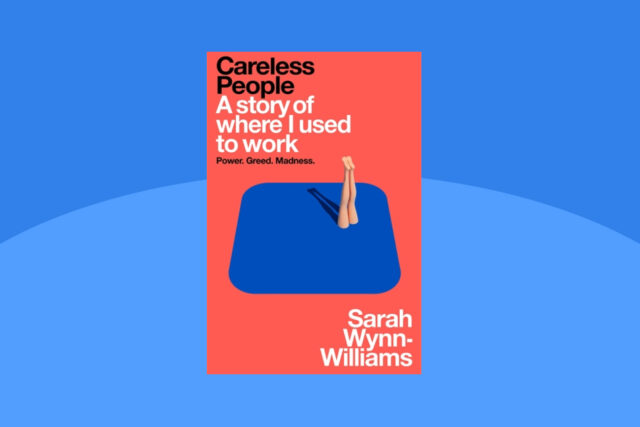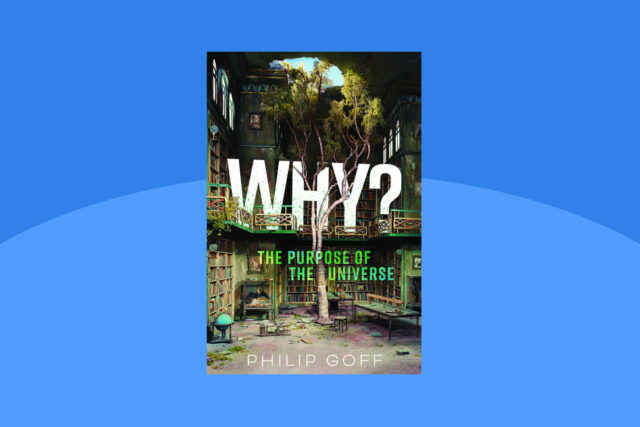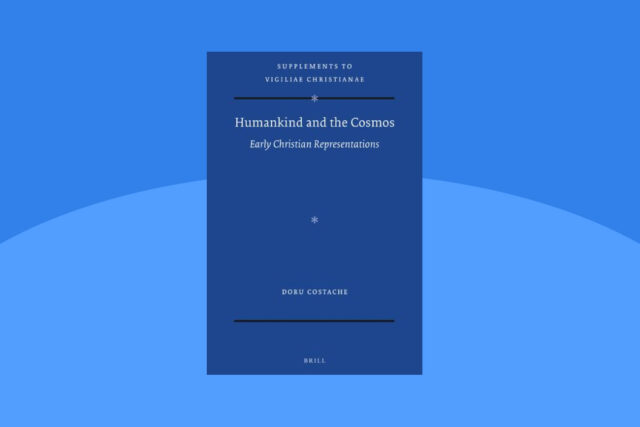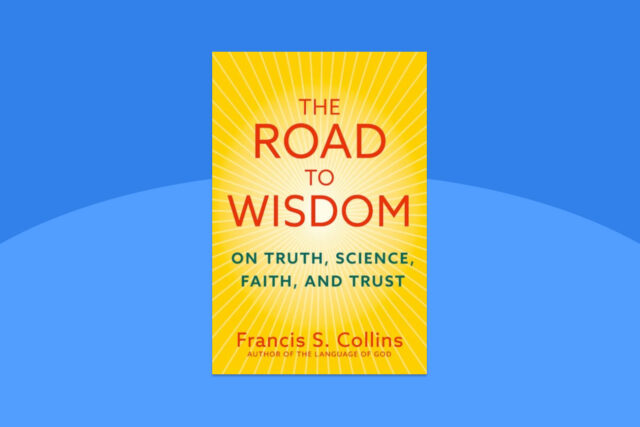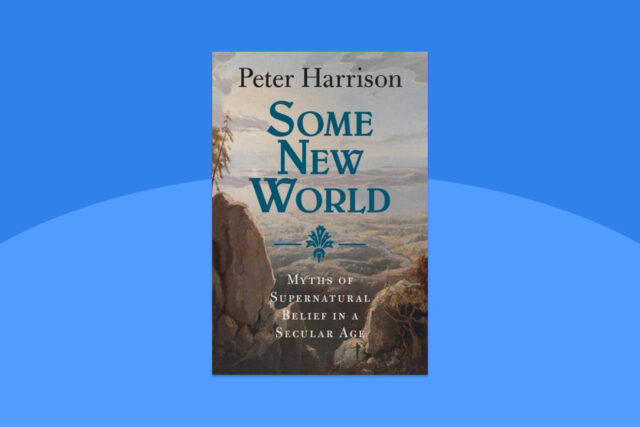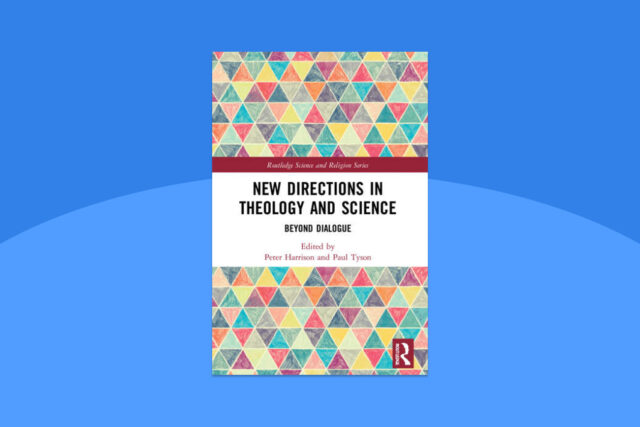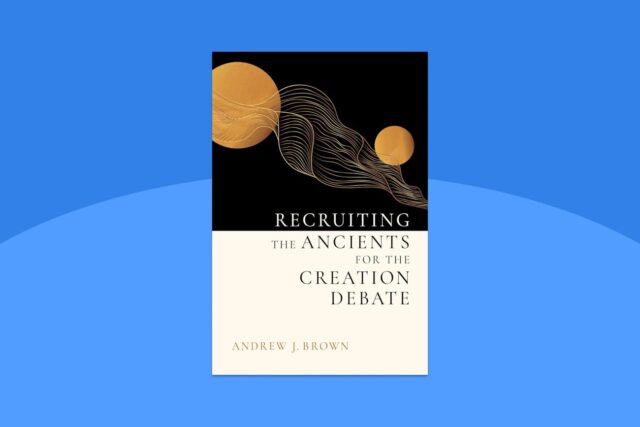
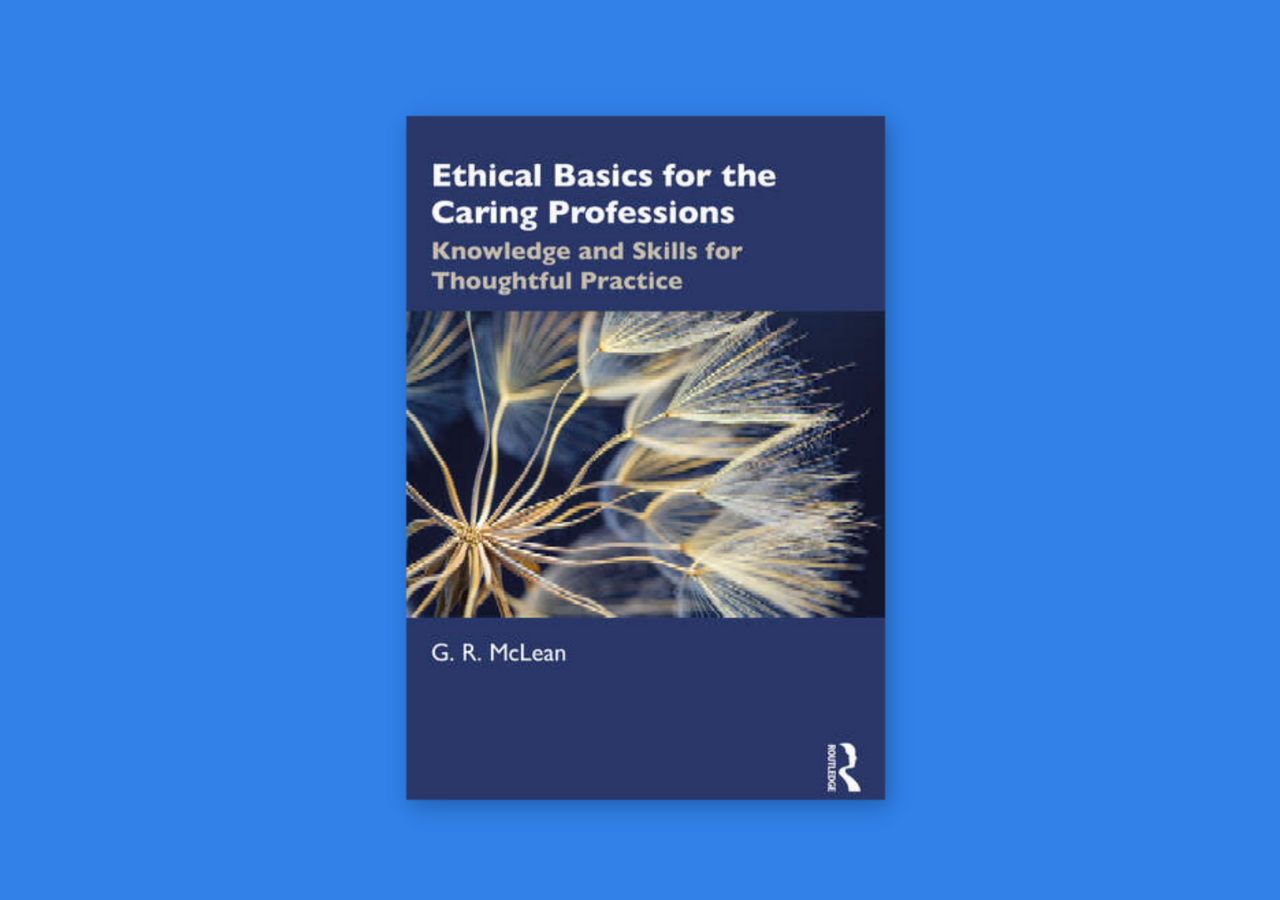
Review by Denise Cooper-Clarke, February 2022.
Ethical Basics for the Caring Professions: Knowledge and Skills for Thoughtful Practice
by Graeme R. McLean
London and New York: Routledge, 2021
ISBN 9781032009582, 240 pages, 1st edition, paperback
AUD$69.99
Professional ethics may be conceptualised in two quite different ways. It may be understood as an exercise in the application of general ethical theory (ies) to the particular issues which arise in that profession. Alternatively, clinical medicine, nursing, social work, and so on may be understood to generate their own “internal” morality: a complex of professional role-generated norms and commitments, which arise from the nature of that activity with particular and characteristic ends. The latter understanding may be derived from virtue ethics, specifically the work of Alasdair MacIntyre on moral practices. This kind of understanding might provide doctors, for example, with particular reasons for believing that killing their patients is wrong for doctors, apart from any general considerations of the wrongness of killing.
Graeme McLean’s book is based primarily on the first approach. He writes as a philosopher (he is Adjunct Research Fellow in Philosophy at Charles Sturt University, and an ISCAST Fellow), albeit one with experience in teaching healthcare students and who incorporates the insights and perspectives of healthcare professionals. His premise is that philosophy helps us to think critically and that “academic philosophers offer very helpful answers to some of those difficult questions (about how we ought to act)” (p. ix). But right up front he also recognises the objection the reader will undoubtedly raise, namely that philosophers themselves disagree about the answers to some of the most difficult questions in healthcare.
Nevertheless, he is confident that philosophy offers helpful tools for critical reasoning that all can and should employ. This is one of the book’s strengths. McLean discusses the basic tools of logic by which one can determine if an argument is first, valid, and second, sound. He goes on to a technical discussion of types of argument and objections to them. Throughout, he uses examples from the philosophical literature on abortion. I wondered if it would have been better to choose a less controversial and emotive topic if he wanted the reader to engage in cool reasoning. Further, very few healthcare professionals actually perform or are involved in abortions and so a decision about its morality is not relevant to most healthcare professionals qua healthcare professionals.
McLean says that one way to assess a premise of an argument is through considering the consequences if it were true. If the consequences are judged “false” or “unacceptable” then “the view cannot be right” (p. 38). But false or unacceptable to whom? Assessments may vary. But McLean believes in many cases there will be agreement, based on what he has stated explicitly is his own starting point for ethical reflection—that ordinary people possess some “common moral sense.” But how far this will get us in seemingly intractable debates is questionable, as he himself admits in the book’s later chapters, where he says this intractability arises from different fundamental convictions or worldviews.
McLean uses the “four principles” approach of Beauchamp and Childress (principlism) to examine a series of case studies in medicine and social work. This is another very helpful section and could be used as a basis for group discussion. Given a general audience with, presumably, a wide range of worldviews, including religious commitments or lack of them, this approach is reasonable, as—although among academic bioethicists its inadequacies are widely recognised—no alternative has captured widespread acceptance.
One of these inadequacies is that it requires to be supplemented with virtues. Indeed, McLean acknowledges what many bioethicists seem to ignore, that most “hard” cases are not hard because it is difficult to know what is right to do, but because it is hard to do what is right. What is required, he says, is a commitment to the principles—what I would call virtue, the qualities of character that motivate one to do the right thing.
Another limitation acknowledged by the author is that the principles (as Beauchamp and Childress themselves acknowledge) often need to be balanced against each other, but themselves provide no guidance as to how they should be balanced. This will depend on the circumstances of individual cases.
But there is another limitation of the four principles approach that McLean does not mention. There is an inherent inconsistency between the claims that such a morality is, on the one hand, shared by all reasonable persons—a matter of “common” sense—and, on the other, based on conventions and traditions. The particular tradition in which principlism arose was U.S. individualism, and it does not always travel well beyond this context. One way to make the four principles less culture-specific is to regard them simply as a framework or initial mapping for approaching individual cases. This is how McLean uses them. But then it is apparent that their content (specification) must come from elsewhere. As must the basis for balancing the principles. One needs a thicker concept of the good than the principles provide, in order to apply them.
In Western liberal individualist societies, that reject the promotion of a “thick” concept of the good, inevitably the principle of respect for patient autonomy becomes dominant. There is no account of the good to give content to beneficence other than the patient’s own conception of the good for him or her. But then it seems we have lost altogether any sense of the healthcare professional as a moral agent. Rather they become technicians or “service providers” implementing the patient’s wishes. The patient or client becomes a consumer. Healthcare becomes “values free.” We have moved a long way from the idea of professional ethics with distinctive values and codes of conduct.
Clearly McLean does not advocate this view. He speaks of the distinctive features of professional ethics and the traditional definition of a profession that involves particular standards of conduct. And he speaks of the power imbalance in the relationship between a health professional and their patient/client that involves the need for trust. In the discussion of euthanasia, he refers to the duty of care which overrides even a patient’s expressed wish to be assisted to die.
Ethical Basics for the Health Professions deals much more sympathetically with a religious worldview and a religious, specifically Judeo-Christian, understanding of ethics than most standard bioethics texts. There are substantial sections outlining this view and specifically its understanding of the human person in the discussion of antenatal screening for foetal abnormalities. It is contrasted with a utilitarian view exemplified by Jonathan Glover and Peter Singer. The book closes with a challenge: “What kind of carer will you be?”
I would recommend this book, especially for Christian healthcare students and practitioners.

